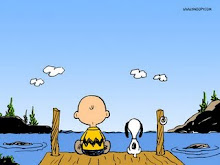Conspirator

- Brian
- I went out there in search of experience To taste and to touch and to feel as much As a man can before he repents.
 |
| Jeffre http://www.flickr.com/photos/formatc1/ CC BY-SA 2.0 |
 |
| Miroslav Petrasko http://www.flickr.com/photos/theodevil/ CC BY-SA 2.0 |
